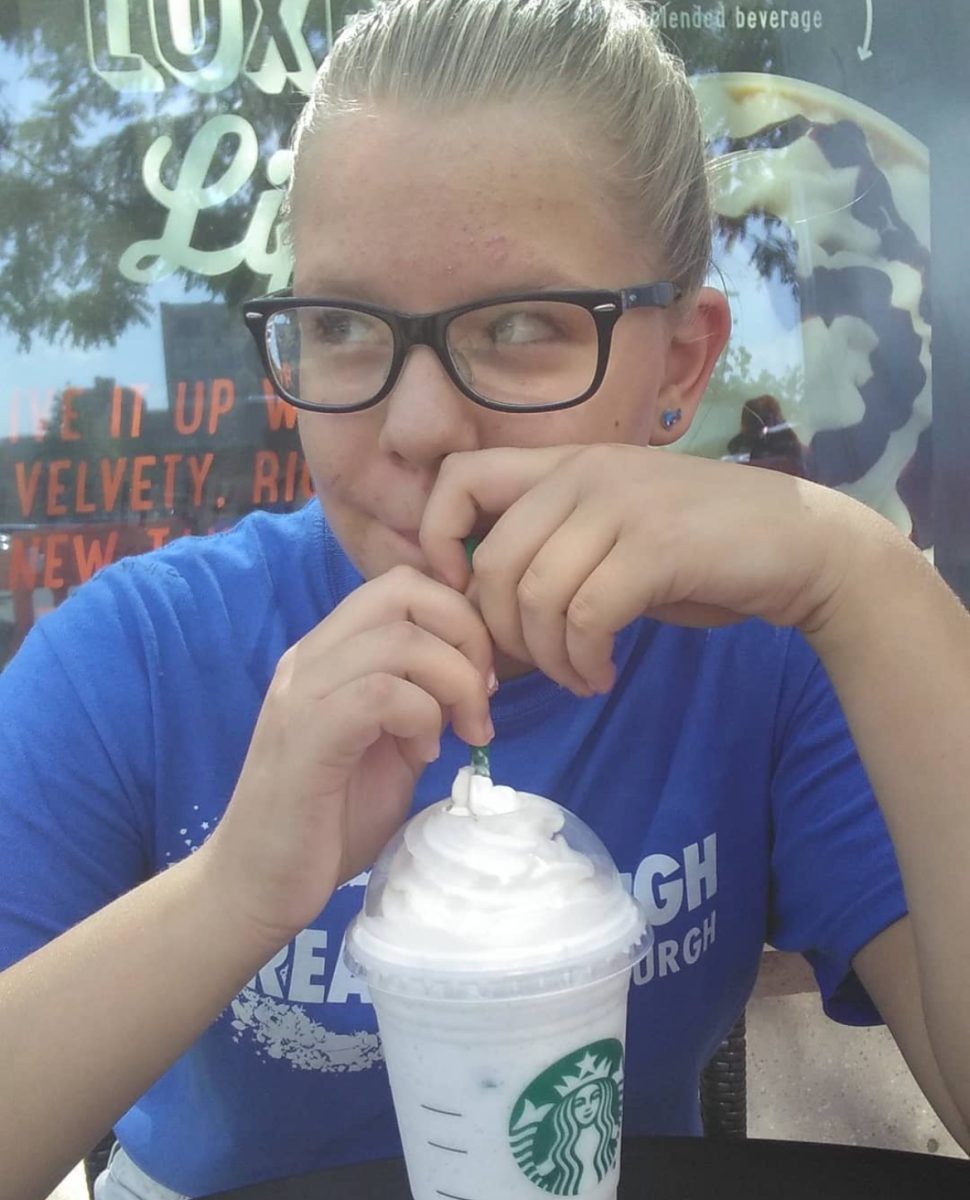By LEAH RUDGE
Contributing Writer
This semester, Active Minds has been gaining momentum on campus. In late February, we hosted a Mental Health Celebration with Best Buddies, Clinical Careers Club, the Counseling Center, and Gator Guides. We enjoyed some delicious Compadre’s snacks and participated in some great activities to break stigmas and raise more awareness about mental health. At one station, students made pledges of what they would do in support of mental health. Some examples include: I Pledge To….
“Look out for others and be a good listener; appreciate those who support me; be a pillar of support for those who need me; be conscious of my narrow world experience; stop using the ‘shooting yourself’ emojis; be more aware of how my words affect others; take mental illness seriously.”
Many of these are simple actions we can take to support people who have mental health issues and stop the stigma surrounding them. If we are collectively more mindful of our actions, we can create a better campus community.
As someone who has very little personal experience with mental illness, the idea of one of my friends struggling with a mental health crisis is scary- how am I possibly supposed to help them? On Gator Day, Active Minds partnered with the Counseling Center and Psychology Department to host a panel on supporting a friend with a mental health crisis. We discussed personal experiences, asked questions, and received a lot of great advice on how we can help a friend. Probably the most important thing you can do for someone with a mental illness is support them. You won’t be able to solve their problem in a night; coping with a mental illness is a lifelong journey that is different for everyone. Remember to be compassionate and positive- if someone can’t get out of bed, or has crippling anxiety that is not their choice- if they had a choice they would surely choose to feel better. Using “I statements” is another good tip that helps show your support and doesn’t place any blame on them. For example, it’s better to say “I’ve noticed you haven’t been eating and it really worries me because I care about you, is there any way I can help?” instead of “You haven’t been eating, what’s wrong with you?!?” It’s also important to remember that what you may think are small words or actions could be a trigger for someone on the verge of a mental health crisis. Many of our peers’ pledges speak to this, and show the value of being mindful of our words and actions.
Starting the conversation may be hard, but it is better to help someone than to watch them struggle. My pledge is to have the courage to start the conversation to help a friend in need, because I would expect the same in return. If you’re ever in need, please don’t hesitate to talk to a friend, a counselor, or a member of Active Minds. We care about you and can help lead you to the right resources. Come to the Active Minds meetings Mondays at 9 p.m. in McKinley’s Private Dining to share your pledges, experiences, and keep the conversations about mental health on campus going!




mthokozisi saneliso • Apr 9, 2014 at 10:50 am
this is a great initiative, i love it 🙂